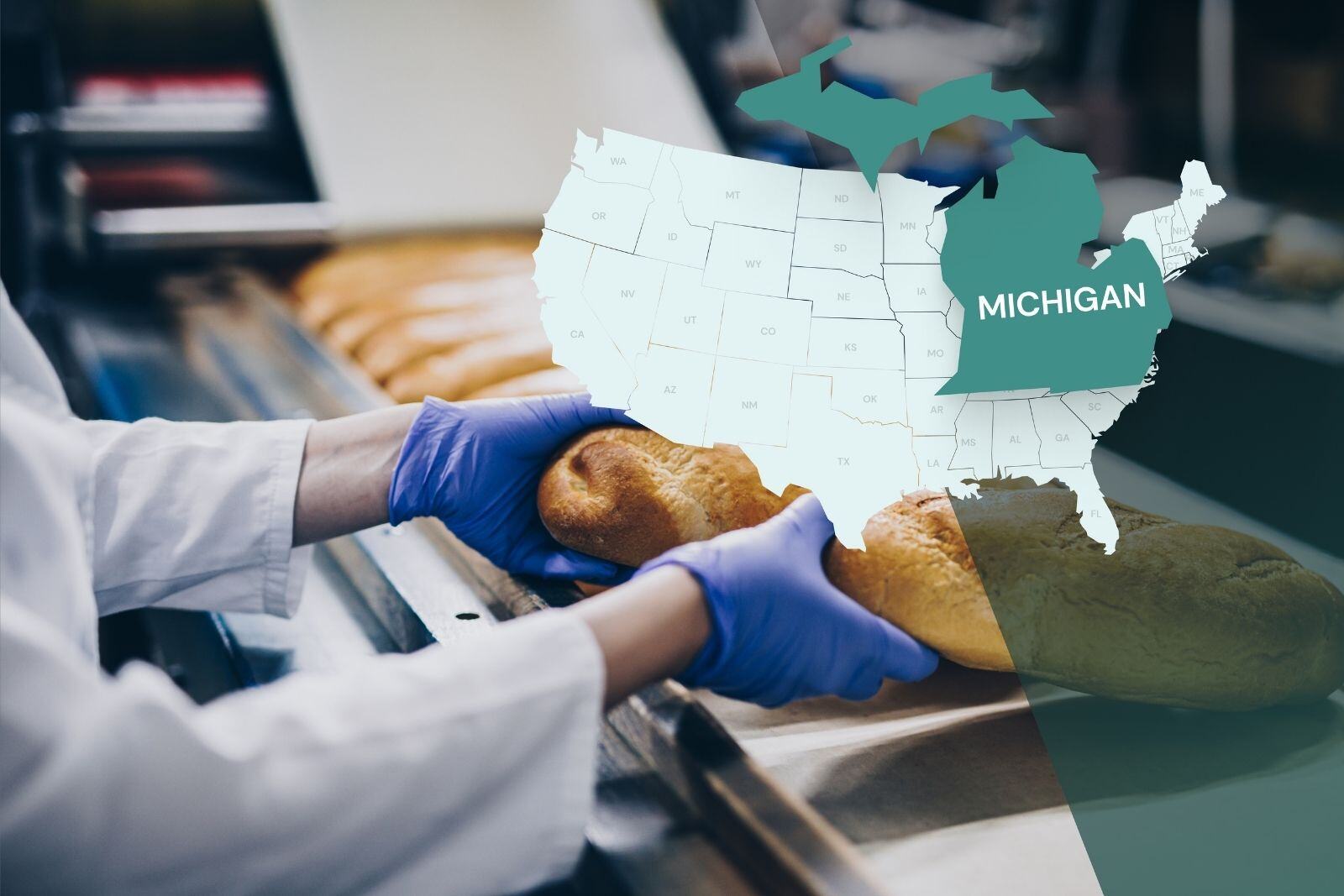In Michigan, food safety is as important as the iconic foods served throughout the state. From Detroit-style pizza to Traverse City cherries and Coney dogs to apples fresh from the orchard, each bite depends on careful preparation.
An establishment’s food safety culture starts at the top. In Michigan, managers must ensure their teams follow food safety best practices and comply with local regulations.
Read on to learn about Michigan’s food safety training and certification requirements. This blog will cover all the essentials and answer questions like:
Which version of the FDA Food Code does Michigan use?
Does Michigan require food handler training?
Does Michigan require allergen awareness training?
Does Michigan require food manager certification?
Which version of the FDA Food Code does Michigan use?
The U.S. Food and Drug Administration (FDA) oversees national food safety recommendations and outlines these guidelines in the Food Code. However, since the FDA Food Code is a set of recommendations, individual states, counties, and cities can pick and choose which recommendations become local regulations–and even what version of the Food Code to use.
The FDA updates the Food Code every two years to evolve alongside the latest science. While the 2022 edition is the most recent version, the Michigan Department of Agriculture and Rural Development currently uses the 2009 FDA Food Code as the basis for the Michigan Modified Food Code (although officials say an update to the 2017 edition is in the works).1,2
What does this mean in terms of training and certification? Let’s dive into Michigan’s requirements.
Does Michigan require food handler training?
No, food handler certificate training is not required in Michigan. However, some employers may require online food handler training or in-person courses as a part of their hiring or onboarding processes.
Does Michigan require allergen awareness training?
From January 2017 through December 2020, certified food safety managers were required to complete an approved or nationally recognized food safety training program containing an allergen awareness component.3
That said, allergen awareness training is not currently required in Michigan.
Does Michigan require food manager certification?
Yes, every establishment must employ at least one full-time person in charge who is a certified food protection manager (CFPM). The CFPM is not required to be on premises during all hours of operation, but there must be a person in charge present to oversee and direct the food handlers on staff.
Candidates can earn their food protection manager certification by passing an exam from a program accredited by the ANSI National Accreditation Board (ANAB) and the Conference for Food Protection (CFP).
The takeaway
Food safety is essential to the success of Michigan’s vibrant food scene. While Michigan does not require food handlers or allergy training, certified food protection managers and persons in charge are responsible for ensuring food safety in Michigan food establishments. Strong leadership and the right training will help prevent foodborne illnesses and can trigger a ripple effect, leading to a positive food safety culture within a business!
Sources





.png)

.png)
